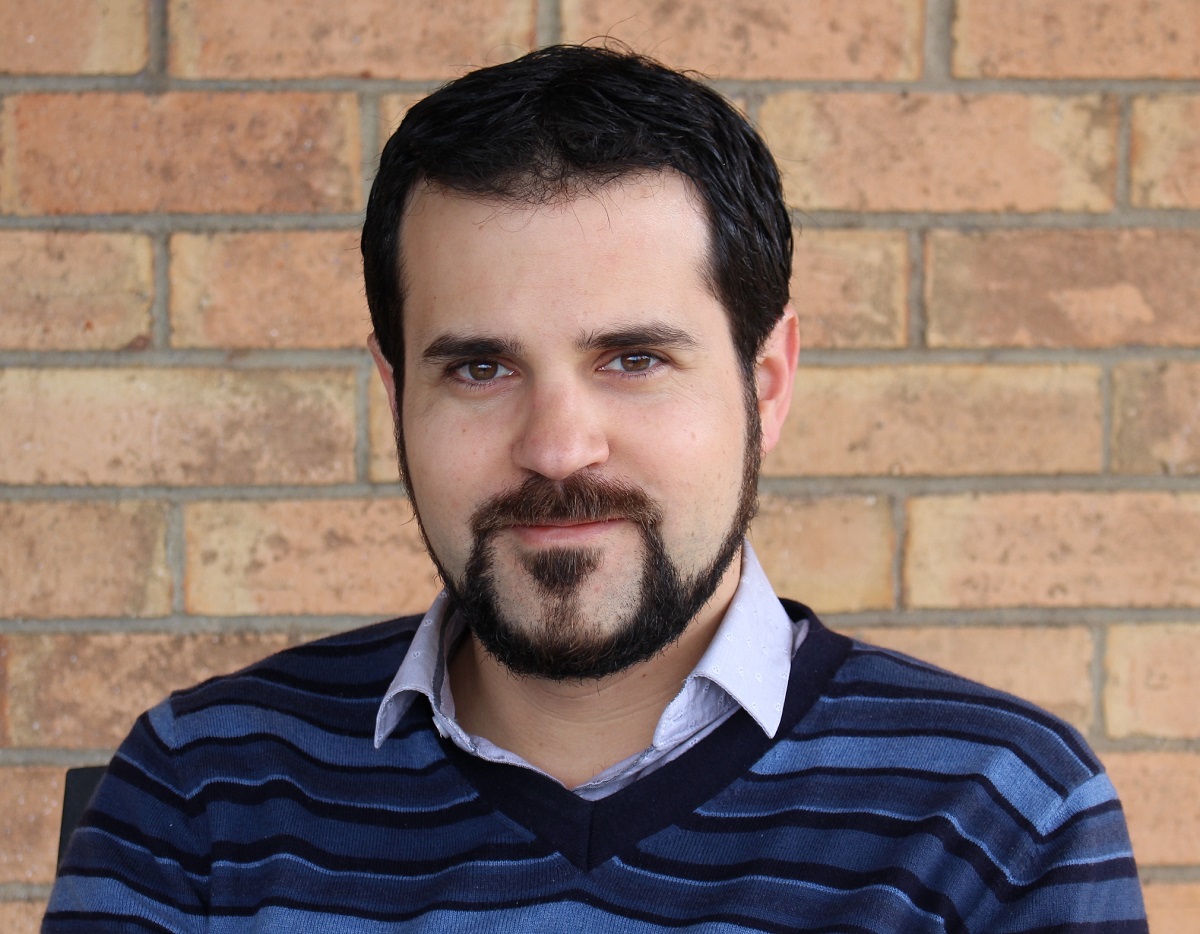
Flinders’ early career researcher Dr Ryan Balzan has won the opportunity to travel to Germany to adapt a unique psychotherapy treatment for patients living with eating disorders.
His trip is being funded by a German Academic Exchange Service grant under the 2017 Australia–Germany Joint Research Co-operation Scheme.
The grant will allow Dr Balzan to undertake his research both in Germany and Australia for a period of six weeks, with a view to developing a new treatment for anorexia nervosa and other eating disorders based on metacognitive training.
Metacognitive training is currently used to treat psychosis, depression, borderline personality disorder and obsessive compulsive disorder, but as yet has not been used to treat eating disorders.
“I am hopeful that metacognitive training could prove significant in improving health outcomes for patients living with eating disorders, as it targets the ‘thinking errors’ that underlie the symptoms of these disorders,” says Dr Balzan.
“Importantly, metacognitive training involves fun, interactive exercises that focus on the root of the problem and which have high acceptance among patients.
“This method has proven to reduce the severity of symptoms and to be cost effective as well,” Dr Balzan says.
As part of Dr Balzan’s project he will be collaborating with the creator of metacognitive training, Professor Steffen Moritz, who is based at University Medical Center Hamburg-Eppendorf in Germany.
Professor Tracey Wade from the Flinders’ Discipline of Psychology will also be part of the research team.
As result of the research, the team aims to write a treatment manual for eating disorders based on metacognitive training and design a clinical trial to assess the efficacy of this new approach.
They also hope to widely disseminate the outcomes of their research to practicing clinicians and researchers across Australia and abroad.
“Eating disorders are serious mental illnesses that have a significantly harmful effect on psychological, physical and social wellbeing, with a high risk of mortality compared to other psychiatric disorders,” says Dr Balzan.
“Anorexia nervosa, in particular, is a very challenging disorder to treat and tends to run a long-lasting, damaging course.
“The development of this new treatment approach has the potential to save lives.
“It will also contribute to our understanding of the cognitive biases that cause and maintain disordered eating beliefs and behaviours,” Dr Balzan says.
Last year Flinders art historian Kim Littler won a German Academic Exchange Service grant to explore the work of German zoologist Wilhelm (William) Blandowski, see Blandowski expedition goes back to Germany.

